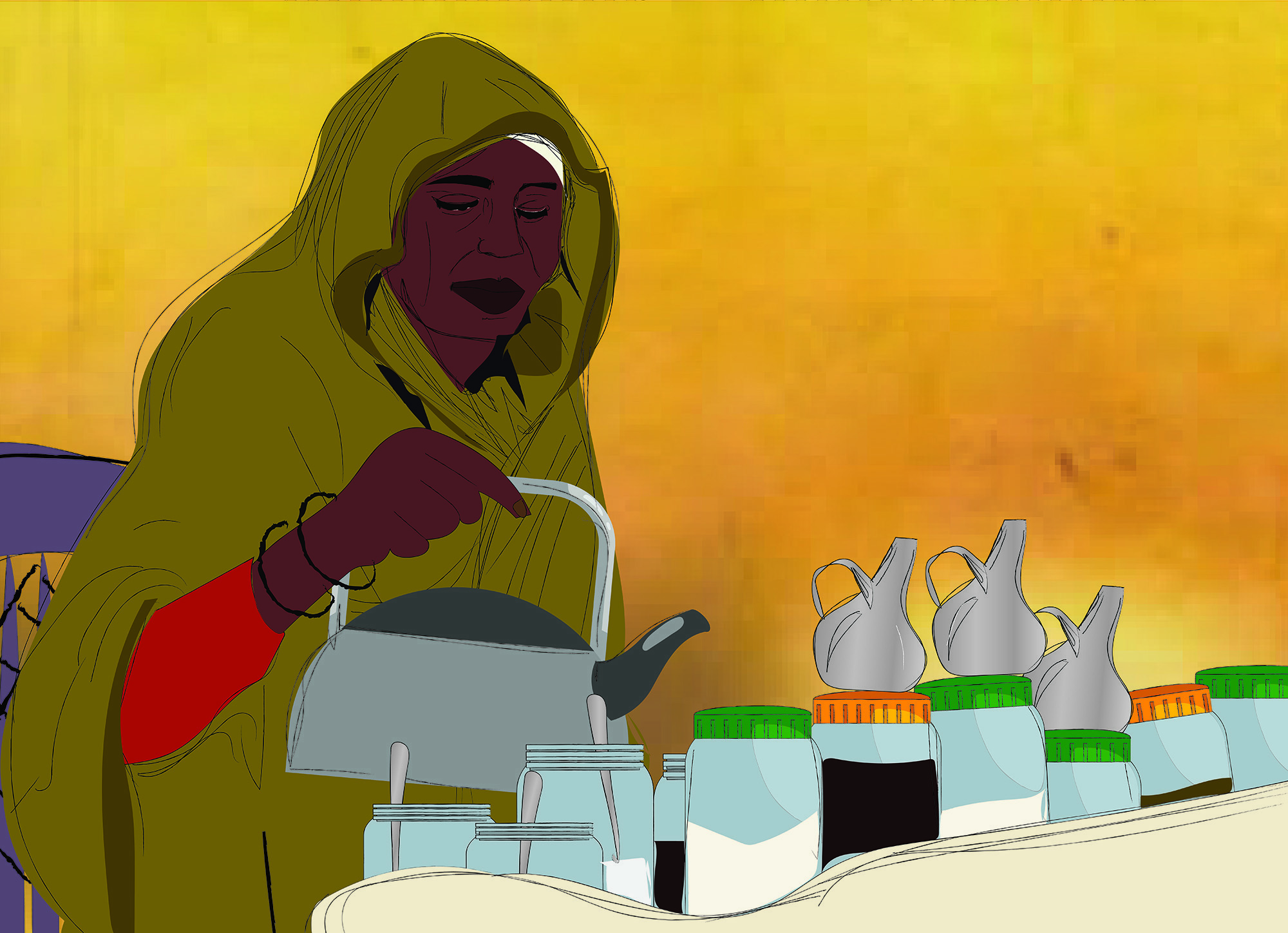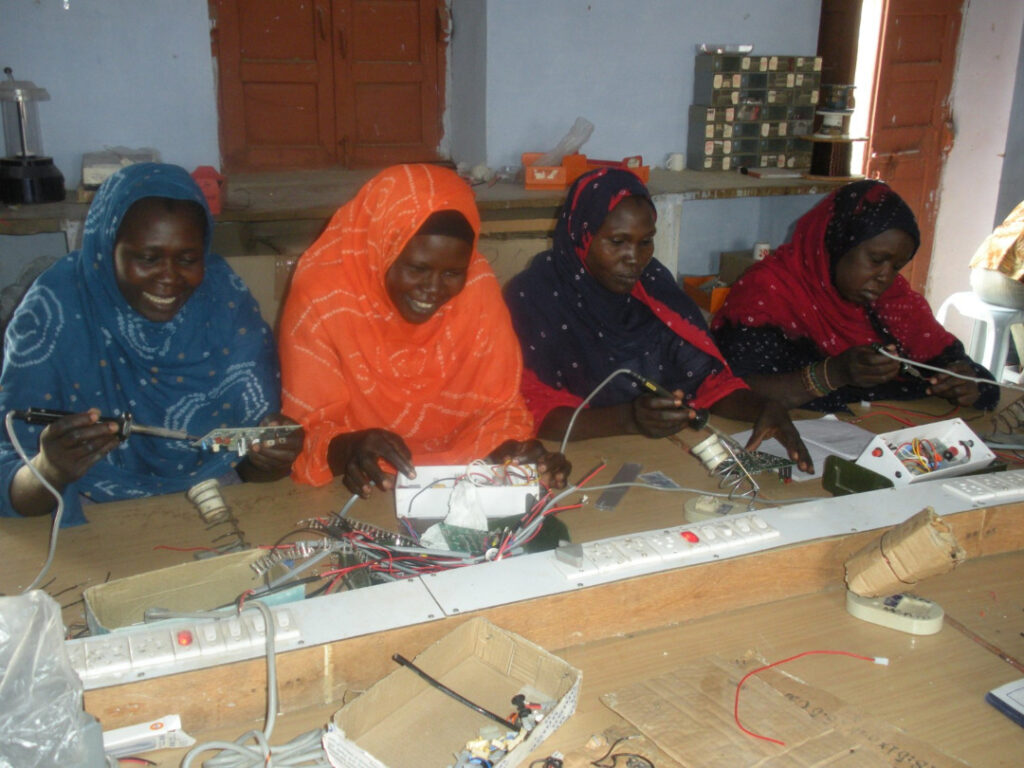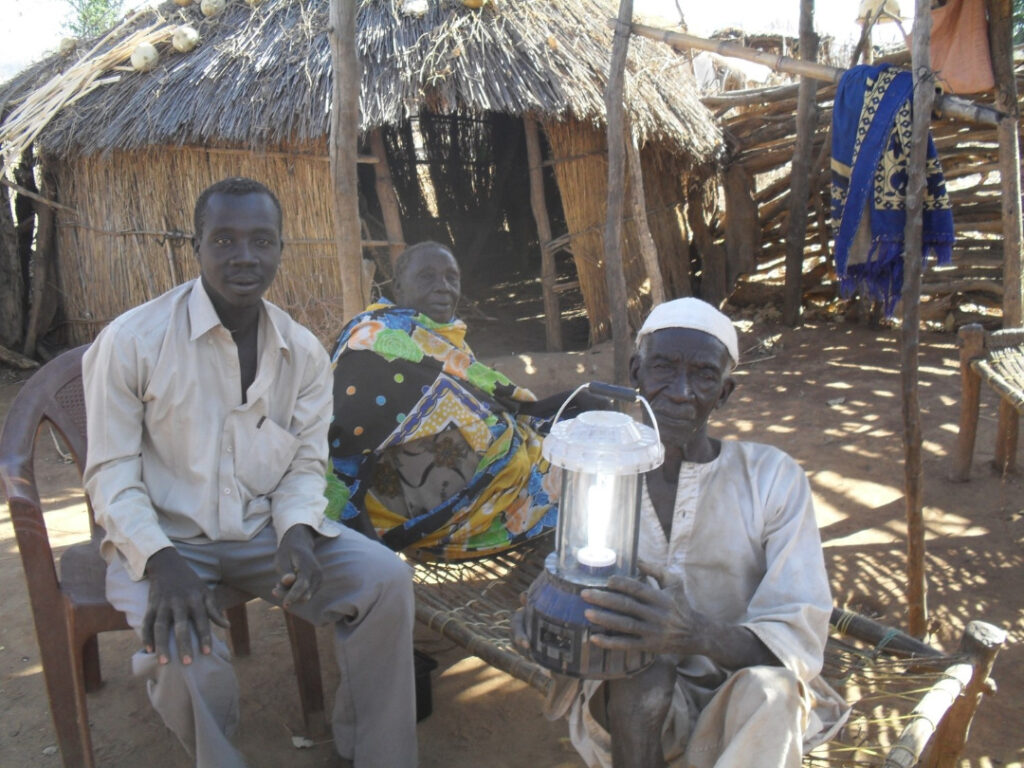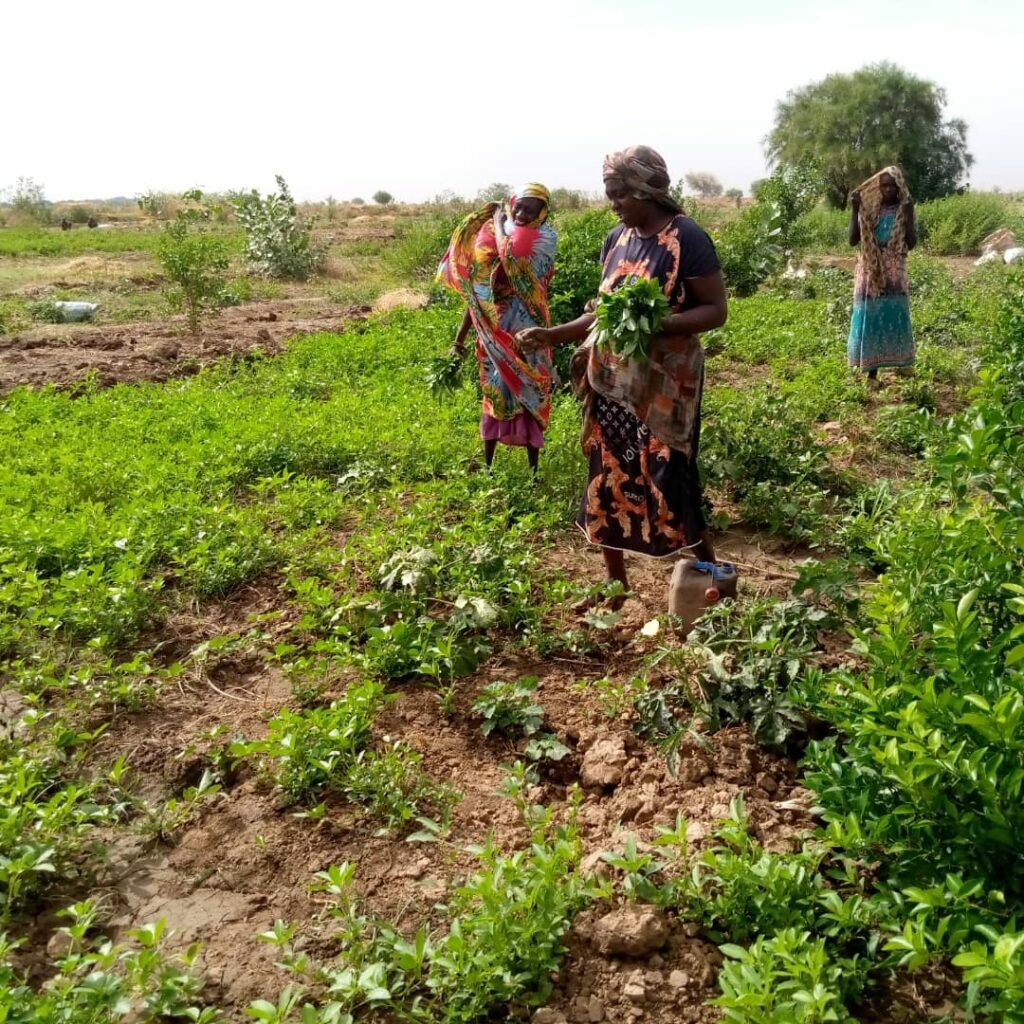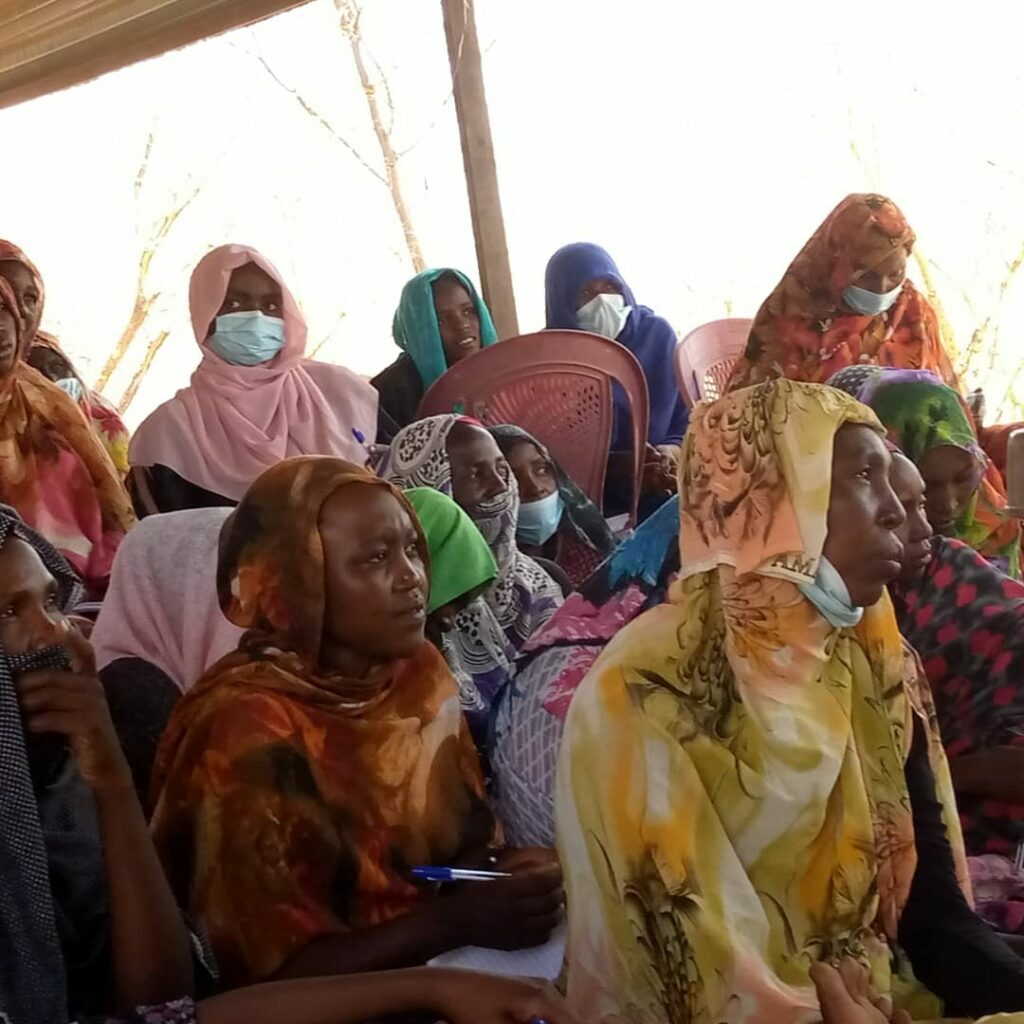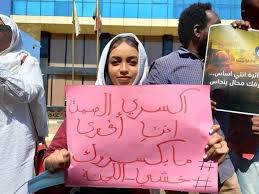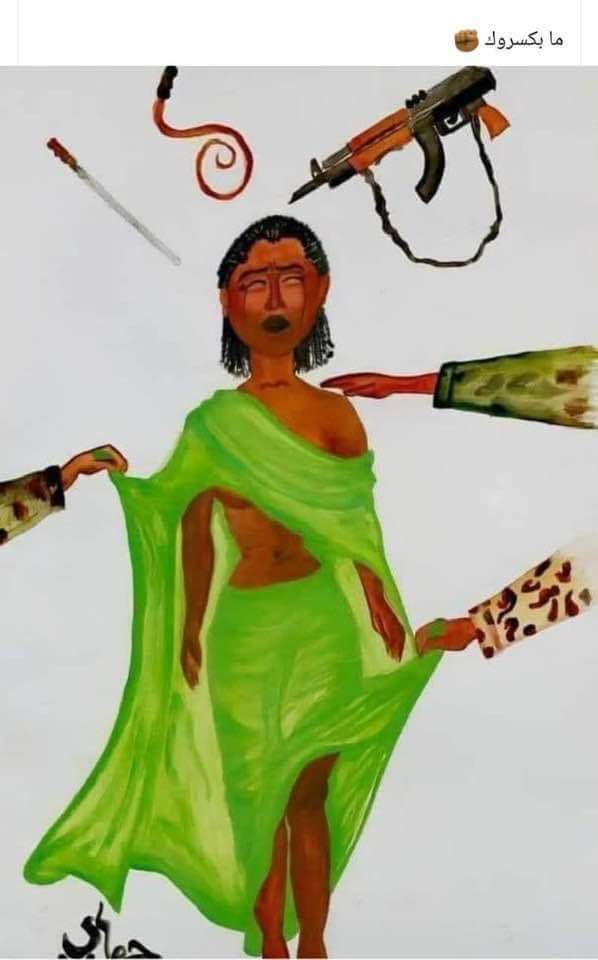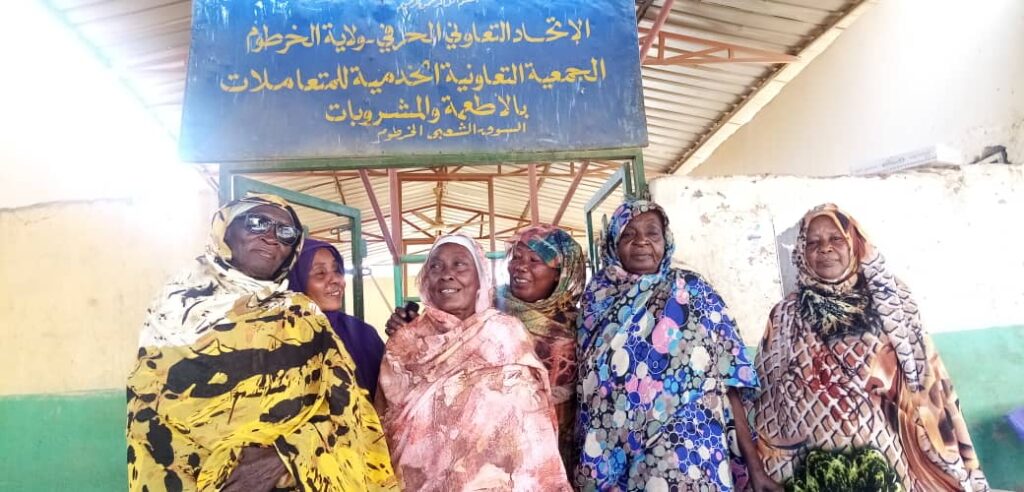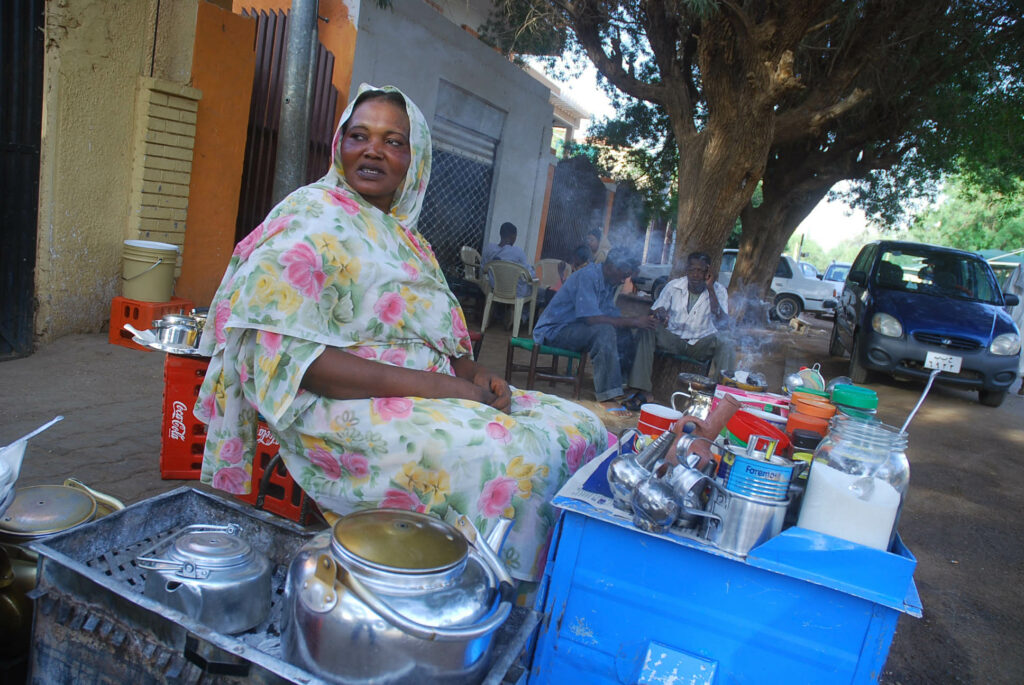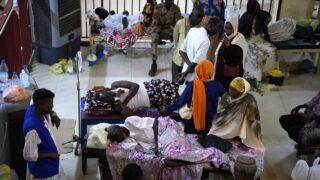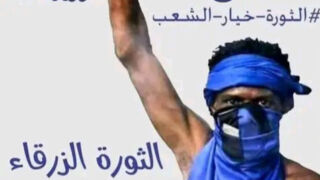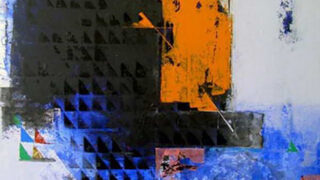
This publication has benefited from the support of the Rosa Luxemburg Foundation. This text may be reproduced in part or in full, provided the source is acknowledged.
Women’s initiatives and activities in Sudan vary according to their needs and priorities, stemming from all levels social, political, educational, and perhaps classist. Their social work goes back a long way, and their initiatives are bountiful and continuous.
Several civil society organizations are active in Sudan, most of which – or rather the most vigorous of which - are concerned with the issues of spreading awareness and advocating women's rights. The legal reform battles for women’s rights and social status are increasingly receiving wide attention; however, economic rights seem to always be absent from the scene, and women's organizations are often blamed for “failing to set their priorities straight.” But an assessment of women’s activism must take into consideration the fact that women in the remote, rural areas of Sudan, especially those worn down by wars in South Kordofan and Darfur, have resisted their realities beyond the scope of their energy. These various initiatives have revealed the all-encompassing breadth of the responsibility that women carry; a reality which is quite different from what society believes it to be. Those initiatives refer to sundry priorities, but they all emanate from the grounded needs of girls or women. This text tries to examine only a fraction of these initiatives, taking into account the discrepancy between their interests and focus goals, according to the distinct conditions of these women
Electricity through solar power - South Kordofan
In the constant war zone of South Kordofan, a group women with a modest education have exceeded all expectations, providing electricity to their community and a number of villages. Mona Mersal, who had dropped out of school barely literate at the elementary level, never thought that she would one day become skilled in making electrical connections and providing maintenance with her basic tools. Her experience proves that small projects, fortified with a lot of determination and will, and despite little support, can become big projects, regardless of the educational level of those involved.
Mona, who lives in the Miri area of South Kordofan, about 7 kilometers from the state capital, Kadugli, launched with her friends a small association project inside their village. The idea was to simply collect some daily goods and foodstuffs, such as tea, coffee, sugar, and soap, bought with a small amount of money known as “the fund”, which is given each time to one of the housewives who are part of the association. There are 30 women aged 25 to 60 in the association, all of whom are housewives who work in agriculture, as agriculture is the main activity of the residents of the area, and all of them either received primary education or are illiterate.
The simple idea of the periodic fund started by Mona and her neighbors effectively contributed to providing the daily needs of several families for a reasonable period of time. According to Mona, who spoke to us over the phone call from her hometown, the peak of the group’s activity was between 2004 and 2005, but by 2008, a window of hope was pushed wide open in front of Mona and her colleagues. The group was selected to attend a training in the field of solar energy; a much needed project in their village which indefinitely lies under the mercy of constant conflicts, impeding developmental processes at the most basic levels. So what is the story of the training that became a turning point for Mona, her colleagues, and the citizens of those remote villages?
Mona recounts how a man who had come from India to their region was searching for an active group who was interested in learning a new skill in India, so that they can carry this knowledge back to their villages and make use of it. His primary condition was that the group benefits the residents of the area in question, which is necessarily an area in need for energy, as the targeted villages were all geographically far from any electric power provider in the short term.
The man from India was Bunker Roy, founder of Barefoot College which is an international project founded more than 50 years ago, committed to providing professional and educational training opportunities to women in marginalized communities around the world. Through its partnership with one of the local organizations in the Kordofan region, Barefoot College was able to reach the area and study the case of this group of women who became the candidates that carried the solar power project.
Engineer Ghada Kadouda, who is interested in issues of social justice, says that she had met Bunker Roy at a conference where she took the chance to invite him to visit Sudan and consider providing his college’s educational courses to the country’s women. Roy agreed immediately, and according to Ghada, who spoke to Assafir Al-Arabi, the selected area was that of South Kordofan, right after the peace agreement between the Sudanese government and the Sudan People's Liberation Movement was signed in 2005. Ghada explains that the choice was made on the grounds that the peace agreement provided a safe environment for working in Kordofan, while war erupted in Darfur reaching its climax between 2004 and 2005. Ghada Kadouda became the link between Roy and the women of South Kordofan, and she volunteered to represent the college in this project.
Ghada stresses the importance of the grassroots efforts in this project, explaining how voluntary work has made it see the light. Everything from paying for surveying, photocopying, and airplane tickets had been taken care of through donations. Ghada says the project would have never come to life had it not been for these efforts.
Mona Mersal says that 18 women, aged 35 to 40, were selected for the training, and their names were approved by the people of the region in a democratic primary selection process. After multiple examinations conducted by the college in Kadugli, only 4 women made it to the final selection. Mona continues, “We were chosen to fly to India to undergo a 6-month training course as a study grant from the college.” After concluding the sessions, Mona and her colleagues returned to Sudan, where their villages eagerly awaited the project that brought them hope.
Mona and her friends returned home, and with the expertise they had acquired with the college’s support, they were able to provide electric power to the 3 villages of Miri, Faqousa, and Al-Hummeid. Due to communication issues, Assafir Al-Arabi was not able to contact the women in the latter two villages.
The solar power project brought about a major social change in all three villages.
As Mona explains, lighting alone has made women’s lives safer and easier as they go about their housework at night. They usually spend their day farming and return to their homes at sunset to perform their household chores which were fraught with difficulties before power was provided to the houses, as insects and snakes are active and dangerous at night in that area. Also, for the first time ever, people in those villages were able to watch TV and follow the latest news and matches. These represented major transformations on the social and cultural levels.
Ghada Kaduda tells us how the sons of these women used to underestimate their mothers’ engineering skills in connecting power networks and performing maintenance works. “My mother is illiterate, so how can she become an engineer?” one of them used to say.
During the optimistic six-month project, people's lives changed drastically and tangibly. Kaduda estimates that about 300 houses, or about 1500 people (as per the approximate average family of five) have benefited from the power supply.
The project later expanded to include additional villages, until war erupted again in 2011 between the government and the "popular movement" with the separation of South Sudan, disrupting the developmental project. All operations were completely halted, the residents were displaced from their villages, and equipment was looted. “Instead of bringing light to more villages, the ones that were already lit were plunged into darkness,” Mona says with a sigh.
Nevertheless, Kadouda, fascinated by the initial success of the experience, continued to seek new funds to carry on the project, with 24 new villages to connect to the power network over a prospective period of four years.
A women-run farm – North Darfur
Halima Mohammad runs a farm in the region of Shaqra in North Darfur (about 3 km away from the state capital, Al-Fashir). She narrates how she and other women farmers who were part of the “Women’s Agricultural Collective,” decided to rebel against the merchants’ unjust actions in the early 1990s. Halima and her colleagues worked in the cultivation of tobacco, which constitutes a major source of income for the residents of the Darfur region.
Out of the 500 women who work at the farm, Halima is the only one with a university education. The women sold their labor and hard work at the end of the tobacco season to merchants who paid them very little in an intermittent way.
In the early nineties, a number of women farmers gathered to discuss the considerable exploitation and injustices they were suffering at the hands of the merchants. The main goal of their meeting was to find a way to free themselves completely from that injustice, and so they decided to rebel against the status quo by storing tobacco and refraining from selling it, in order to pressure the merchants into agreeing to their conditions.
Seeking justice led the women to discovering other positive routes. For instance, Halima and her friends were aware of a government farm that had turned into a wasteland due to long-standing irrigation problems. In 1990, Halima and the women of the Agricultural Collective met the Minister of Agriculture at the time, who responded to their request, granting them part of that government farm. They were given 20 acres of land; however, the minister warned them that the farm could be retrieved by the ministry after he leaves office. Halima says, “The minister showed great enthusiasm for our project and worked hard with us. He also took a number of measures to ensure that the farm would not be confiscated later on.”
Halima and 500 other women farmers hailing from 13 villages in the Shaqra Region founded together a private farm over an area of 20 acres within the government land granted to them. They launched the project with a popular mobilization to clean up the wasteland, for which dozens of people donated their own money and effort, as Halima recalls.
The women farmers were able to farm and trade legumes for the first time, while they were only grown for self-consumption earlier. They also introduced the cultivation of fruits and vegetables for trade purposes. The farm currently supplies two local markets with fruits and vegetables, and sometimes contributes to supplying the market in Al-Fashir, the state capital and one of the largest cities in Darfur.
Halima says that they have successfully introduced the cultivation of sweet potatoes for two seasons in a row, for the first time in the region, and the cultivation of Egyptian beans for two seasons as well.
However, this successful project was not spared the land ownership conflicts, common in the Darfur region and known as the “Hawakir”. The farm was raided by a tribal group in 2010, which considered it part of the tribe’s lands as the farm was headed by Halima, a member of the same tribe. Halima confronted her tribe, saying she was one of the women farmers, supporting and defending her colleagues. She recounts how violent clashes led to some serious injuries among the women who endured severe beatings. Eventually, their steadfastness and unity reaped impressive results, and the civil administrations in the region were forced to apologize to them. After the matter was resolved, the women continued to do their work with greater enthusiasm.
Later, the farm received support from the Arab League and USAID, which provided them with agricultural equipment and seeds. In addition, nearly 400 women received advanced training in horticulture and irrigation methods; the latter being one of the biggest challenges facing the farm.
After the fall of the Bashir regime in April 2019, the men of the local administration in the region tried to seize the farm through the “Empowerment Removal Committee” (ERC) on the grounds that it was granted to the women by the Bashir government. However, these attempts failed, and neither the committee nor its representatives could take over the land.
The farm operates on a flood irrigation system, which is a traditional type of irrigation that relies on flood waters, the course of which is determined through the construction of earth barriers or small dams to retain water. Thus, this irrigation system suffers from the lack of storage systems at the farm and the lack of electricity.
Part of the funding granted to the farm provided for the digging of a water well, which helps in the irrigation process. But Halima believes that it is necessary to provide storage systems or electric power to ensure consistent irrigation and extract water from wells. Because of these problems and the limited volume of water, the farm is operating below its capacity. Once the irrigation problem can be overcome, the farm would be able to increase and diversify its corps.
After the consolidation of the farm, the women farmers set out on a forestation mission. They planted 6 forests with Arabic-gum-producing Acacia trees and Jatropha trees (a type of semi-desert trees that produce biofuels). Unlike the farm, the revival of these areas was not part of the fund granted by the government; rather, the women used the profits of the farm to purchase a number of acres to create a forested belt around their area. Halima recounts how the women circumvented irrigation issues, carrying water on their heads and walking for a kilometer every day for two years until the forest began to grow.
However, another forestation project to plant Mahogany trees, a type of tree that produces the finest types of wood in Sudan used in the manufacture of furniture, failed due to poor forestation practices, as this type of tree in particular needs a tropical climate and much water, which is something the women farmers were not aware of.
A self-defense club - Khartoum
In March 2021, Waad, a student at the University of Khartoum, who had just turned twenty, had a pressing thought. She was thinking of a way to limit harassment against women and to respond to it in self-defense. She wanted girls like herself to be able to fend for themselves, especially against harassment in public transportation.
Waad's direct circle encouraged her idea, so she and her friend Raghad moved to the next step, handing out a questionnaire to test the students’ approval and enthusiasm about such a prospect at the University of Khartoum. They were curious to know whether the idea was applicable in a society that is not familiar with such clubs which, if any, are exclusive to men.
The Slums of Khartoum: On Life’s Edge
21-05-2022
The survey results showed that 90 percent of the female respondents said that the biggest challenge they face on a daily basis is harassment of all kinds. They specifically mentioned harassment in public transportation, which many Sudanese women experience. The results of the questionnaire revealed that 26 of the female respondents resorted to verbal defense, screaming or reprimanding the harasser, while only 18 of them resorted to physical defense, using either a sharp object or pepper spray. When asked whether they would like to acquire self-defense skills, the answer was a unanimous “yes”.
The results of the questionnaire were exactly the motivation Waad and her friends needed to start implementing their idea. Since the project addressed the university’s students and was set to be established within its premises, Waad and Raghad contacted the University of Khartoum’s administration. The latter did not mind the idea despite its unfamiliarity, but it stipulated that the coaches be chosen from the official, registered federations exclusively. A long debate ensued between the two parties on this particular matter, but in the end, the university had the final say since it would provide the headquarters to the club.
I met Waad and Raghad in Khartoum for an interview for Assafir Al-Arabi. They said that choosing the university as a venue for the club has been widely accepted by all, especially by girls who came from families that may oppose them joining a self-defense club. But as long as the club was on university premises, they felt reassured that they could receive training safely and properly. On the other hand, given the very limited resources of the new club, the university’s provision of a headquarters was extremely useful, practical, and in the overall interest of the project.
To Waad, the club represents a social movement that can help girls and women to be vocal about their problems and issues from within the institutions to which they belong, meaning that the institutions adopt the issues of their members in a way that actually contributes to bringing about social change, particularly in issues related to women’s rights. Waad explains that the club’s activities will not be limited to teaching self-defense skills; it will also provide legal services, launch awareness campaigns, and provide psychological support to the women.
The club has already started enrolling members of its first ever class, with registrations reaching 250 students. However, Waad explains that the critical security situation in Sudan and the tough economic situation, together with the COVID-19 pandemic, have all disrupted the usual flow of university life, with the university shutting down classes at times. Meanwhile, the project remains suspended.
“To mitigate the obstacles, we have tried several times to start our classes with female coaches from outside the official federations, some of which have been suspended since the fall of the Bashir government, but the university administration warned the non-registered coaches that it would not be obligated to pay them any salaries,” Waad continued.
The Food and Beverage Vendors Association – Khartoum
Drought waves and sporadic conflicts in some regions of Sudan during the 1880s forced many to internally migrate. The capital, Khartoum, was a major destination for waves of people fleeing drought, desertification, or conflict. Some studies indicate that the period between 1983 and 2000 witnessed a significant spike in waves of displacement.
Selling food and drinks was one of the occupations most attractive to those displaced persons, specifically selling tea and coffee in the markets and on the main streets. It is a job which has remarkably expanded in recent years, mostly among women, whose percentage far exceeds that of the almost negligible number of men who undertake this line of work.
Women who never received proper education found refuge in this profession, which gradually stood out as a solution for the majority of poor women from all regions of Sudan. It was no longer limited to those fleeing conflict, and as the economic conditions worsened, with poverty estimated at 65 percent of the population, according to a statement by former Prime Minister Abdalla Hamdok in September 2020, more women joined the ranks of the food and beverage vendors.
Every profession is challenging in its own way, which is why 75 tea sellers decided to found an association that cares for the rights of its workers. Hence, the “Association of Food and Beverage Sellers” was established in 1990 and officially registered in 1993. At the time, the association was headed by Awadiya Koko, who became icon of feminist struggle because of her efforts to unionize women workers. In 2016, Awadiya was awarded the International Woman of Courage Award by US Secretary of State John Kerry in Washington.
The current president of the association, Awadiya Abbas, is one of the founders of the association along with Awadiya Koko and others. Abbas says that the idea was born out of the need for a headquarters, and as a space that provides protection from the authorities whenever they attack the food and beverage sellers citing the “land” and “public order” laws, exposing the vendors to sudden campaigns known as “Kashat”. With the fall of the government of Omar al-Bashir, these Kashat completely stopped.
We met with Awadiya at the association's headquarters in the popular market of Khartoum, where she told us how the association has, since its establishment, provided education and awareness regarding the law of cooperatives, in addition to training vendors in simple accounting and customer service.
In addition, the association facilitates the vendors’ access to goods they need every day by allowing them to pay for these materials after they make their sales on the same day of the purchase or later on as a loan payback. However, Awadiya points to the fact that loan repayments have been scarce recently as a result of the tough economic situation. In cases of death of a relative of the first degree, the association allocates a small amount of money to its members; it also provides financial support when a member has a child or suffers from a severe illness.
In the past years, and under Awadiya Koko’s lead, the association sought to provide health insurance to ten thousand of its members and their families, so that they can get medical cards that would enable them to receive treatment for free or at a nominal charge. Unfortunately, this plan was disrupted several times, and never saw fruition.
The local authorities in Khartoum estimate the number of tea sellers in the state to be 23 thousand regular sellers, according to a study prepared by the Ministry of Social Welfare in 2013.
The association's general secretary, Basmat Adam, believes there is a need for the tea sellers to acquire new skills, because the profession is no longer as profitable as it used to be. Adam suggests working in making pastries and baked goods which can bring in additional incomes to the women. She plans to open up a bakery in the future and thinks it could be a good backup plan for the association.
Currently, the association does not have many resources. It depends on the two stores it owns, in addition to renting out public toilets in the market.
The content of this publication is the sole responsibility of Assafir Al-Arabi and Rosa Luxemburg Foundation cannot accept any liability for it.
Translated from Arabic by Sabah Jalloul
Published in Assafir Al-Arabi on 17/03/2022

